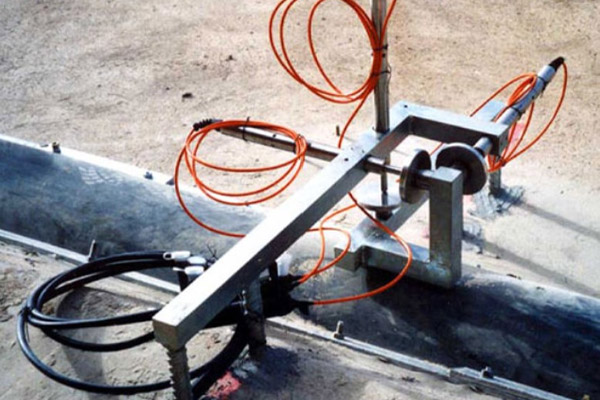Geotechnical instrumentation monitors the response of structures and soils to earthquakes. This helps to improve our understanding of seismic behaviour and to develop more effective earthquake-resistant designs.
Overall, the purpose of geotechnical instrumentation is to provide valuable data and insights into the behaviour of soils, rocks, and structures, which can be used to improve design, construction, and safety in various applications.

Soil Eng provides comprehensive and efficient services across the full breadth of geotechnical engineering, including investigation, analysis, design, and reporting.
We value our client relationships and work diligently to achieve the best outcomes for projects and properties.
Our feedback speaks for itself: